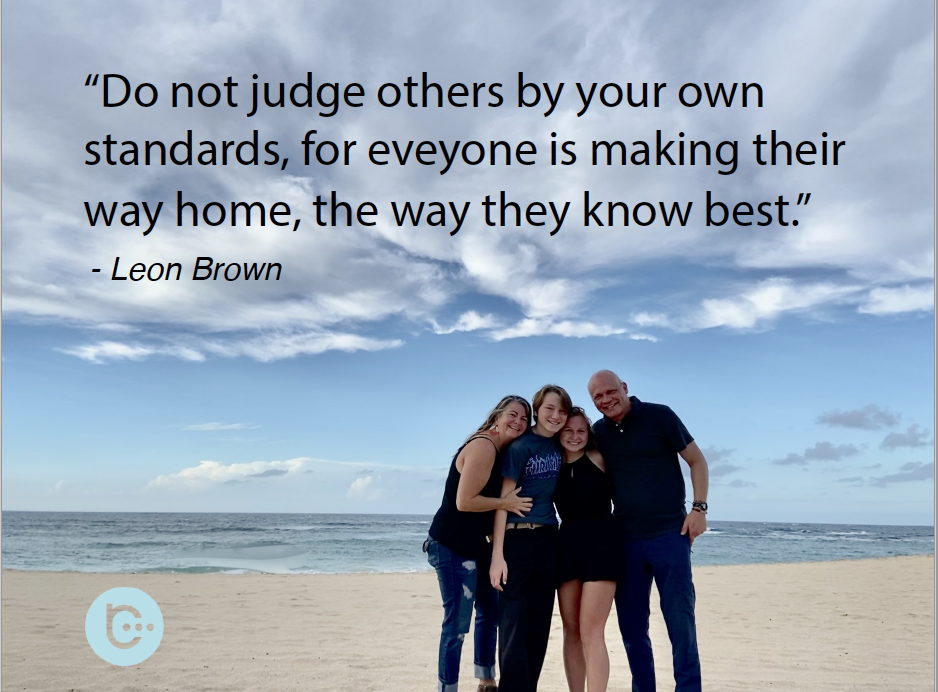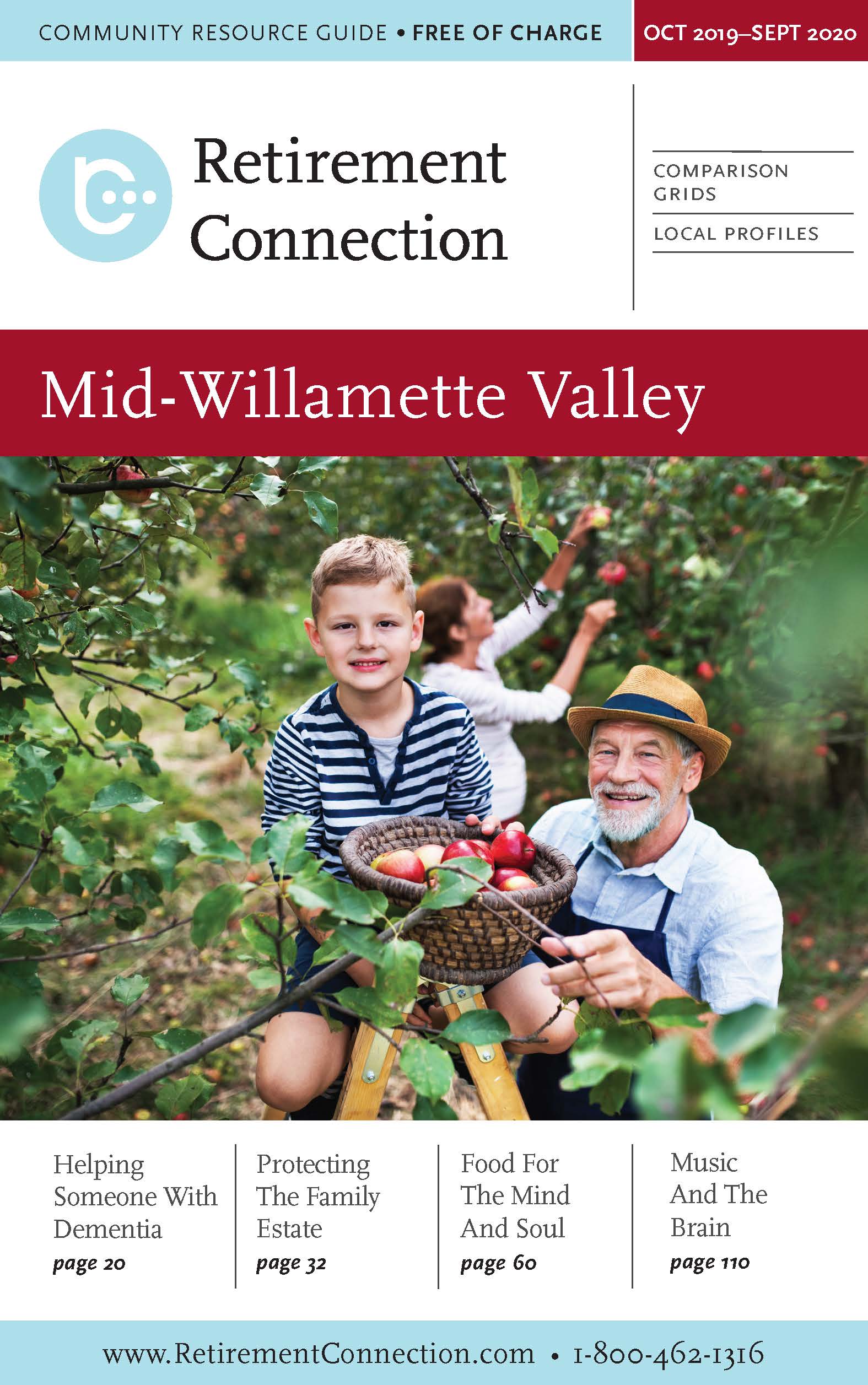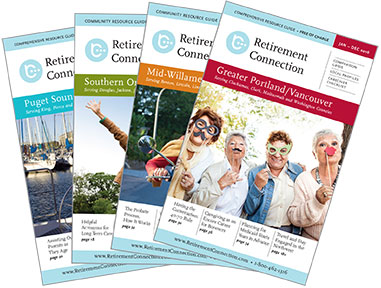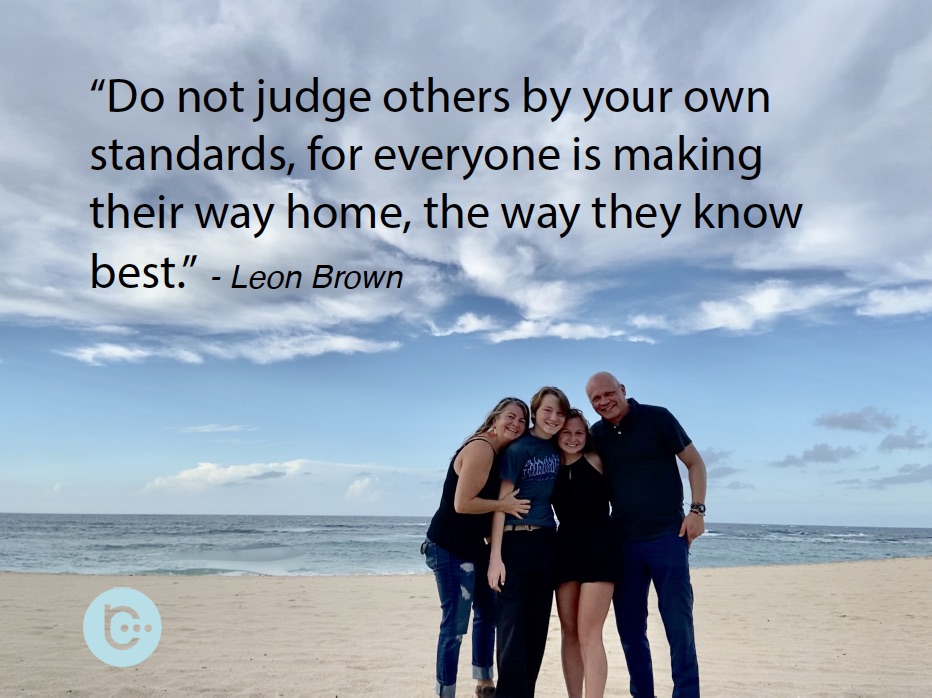Year: 2020
Print Guide – Southern Oregon – 2020
Print Guide – Mid-Willamette Valley – October 2020
It starts with one. You can make a difference in preventing prescription opioid misuse
Prescription drug misuse is among the fastest growing drug problem in the United States and the vast majority of this misuse is due to prescription opioids. Opioids can negatively affect the reward center in the brain, leading users to need more and more over time and as a result these drugs can be highly addictive. Beneficial when used according to a doctor’s instructions, opioid pain medications should be taken only by the person for whom a doctor has prescribed them. People should never share or take a prescription prescribed for someone else. It’s dangerous and illegal.
Wondering what you can do to prevent medication misuse, abuse and accidental poisonings in your community? By having honest conversations with family and friends and taking simple, yet vital steps to safeguard your medications and protect your loved ones. Take the next step. Implement a plan for safe storage and disposal of the medication in your home. Being aware of the location of medications in your home makes a difference. These strategies make your home safer for children, pets and the environment. Take a look around. What are you doing to safeguard your medications?
Your Checklist: Simple, yet vital steps to safeguard your medications and loved ones
Store medications safely by keeping them out of reach – lock them in a drawer or cabinet or a medicine lock box.
Properly dispose of unused and expired medications at a free take-back site near you. Find a take-back site anywhere in Washington State at TakeBackYourMeds.org.
Talk to your doctor about other ways to manage pain.
Ask your pharmacist to fill prescriptions partially.
Never share or take a prescription that wasn’t prescribed for you. It’s dangerous and illegal.
Have conversations with friends and family about the dangers of opioids and the risks of misusing prescription drugs.
Talking to your friends and family about the risks and dangers associated with opioids and prescription drug misuse can be tough, but it may be the most important thing you do. Learn more at GetTheFactsRx.com.
* It Starts with One campaign is funded by Washington State Health Care Authority.
Article Provided by:
Community Prevention Project Specialist
360-952-3461
https://www.preventcoalition.org/
MWV Newsletter December 2020
|
Judgement
“Do not judge others by your own standards, for everyone is making their way home, the way they know best.”
– Leon Brown
I have a secret… this Thanksgiving I went to Hawaii with my family for vacation. I was afraid to post a single photo on social media because of the judgement of others for traveling during COVID. We did everything possible to be safe for ourselves and others. Quarantined, tested before leaving, direct flights, masks and face shields, testing after arrival, all activities were outdoors with my family only, testing upon return, and quarantine now. For those that sit in judgement…I get it; my family is managing stage 4 cancer and have rescheduled this trip 3 times since diagnosis due to the pandemic. Remember when judging others… we never know the choices another person is making and what they are weighing
Shellie Gehring, Patriot’s Glen, Bellevue
I have worked with Amy and her team since the inception of Retirement Connection. The professionalism and quality of the product never disappoints, in fact it gets better each year! Retirement Connection provides all of the necessary networking, contact information and events that keep Boomers, seniors, caregivers and providers “Connected” through this challenging time and well beyond. The newly added CareAvailability.com provides another streamlined tier to share and gather resources real time with a user friendly database.
I encourage everyone in our industry to use these invaluable resources to help patients, families, and health care teams self-navigate the complexities of searching for senior care in their communities!
Disagree without being Disagreeable
“You can disagree without being disagreeable.” – Ruth Bader Ginsburg
With the election results looming, this seemed like a fitting reminder for all of us. We do not need to agree, we don’t even need to debate, but we should try for a bit more civility. I don’t agree with most of my family on political issues, but that does not mean that I don’t love them. We can still value the person, and dissent with an opinion.
Vickie Pemberton, Home Instead – Linn/Benton
Retirement Connections has been an integral part in the growth of my business. The tailored experience through CareAvailability.com has proven invaluable, enabling a broader reach in the community. I would recommend it to anyone working within the senior population. Well worth the sponsorship fees
Have You Ever Heard of Reversible Dementia?
The answer to this question may surprise you. There are some conditions that mimic dementia and cause cognitive impairment. This is what we refer to as reversible dementia. In order to define the term, we first must understand what dementia is. Dementia is a collection of disorders involving cognitive impairment, and there are many different types. Alzheimer’s disease is the most frequent diagnosis, but not all dementia is Alzheimer’s. Alzheimer’s cannot be improved and is irreversible dementia. Reversible dementias on the other hand can be improved or eliminated. As we care for people with all sorts of conditions and diseases it is important to be aware of any behaviors or issues that we observe so we can inform healthcare professionals and an accurate diagnosis can be given to the patient. Let us define reversible dementia.
Reversible dementia is any type of dementia caused by a condition or agent that, once treated, or removed, can be controlled, cured, or improved. There are many different conditions that cause potentially reversible dementia. The most common conditions are:
- Depression
- Alcohol-induced cognitive impairment
- Nutritional deficiencies (including vitamin B12 and dehydration)
- Medication side effects and interactions
- Metabolic disorders
- A variety of infections, especially chronic ones
- Delirium
- Heart disease
- Brain tumors
- Environmental toxins
- Subdural hematomas
- Sleep disorders
- Brain trauma
- Drug abuse
So, are these dementias always reversible? Sadly, no, not always. Because in order to be reversed, the underlying condition causing dementia must be diagnosed and treated correctly early on in its presence. If these conditions are not brought under control or cured, or are left untreated, then brain damage can result, and that can be permanent. Many cases cannot be reversed because people assume that since the condition is dementia it cannot be cured. However, if the dementia diagnosis is in question the next step should include a physical exam, bloodwork, imaging, and neuropsychological testing. Once a diagnosis has been made, it must be followed by proper treatment of the underlying condition. Then, and only over time, might it possibly be reversed.
Getting a memory screening is a simple and safe “healthy brain check-up” that tests memory skills and other thinking skills. A memory screening is not used to diagnose any particular illness and does not replace consultation with a physician; however, it is an important first step toward finding out if an individual may have a memory problem. Individuals who score below the normal threshold, or who still have concerns about their memory, are advised to follow up with their physician for a thorough evaluation. A memory screening once a year, like an annual physical, is an effective way to determine if your cognitive skills are changing.
Article Provide By:
ComForCare Home Care
503-400-6637
www.ComForCare.com/Oregon/Salem






